Goody Two Shoes and so-called no goods: The crisis of student-teacher favoritism

January 25, 2023
We all have had that one kid in one of our classes that feels almost impossible to surpass. Undoubtedly, not all teachers favor these said students, but there are a few that do. And unknown to them, the favoritism towards “goody two shoes” can give non-favored students the feeling of self worthlessness. Now, for the standards of the average favored student: they are in seemingly too many extracurriculars to count, they have charisma, and a constant smile on their face. They’re always the best at presenting, always get the top grades on essays and tests, and compared to them the other students are treated poorly. This leads many students to come to the conclusion that in order to receive good grades in their classes, they need to have set qualities and ambitious goals — attributes that appeal to teachers — that can come at the expense of their mental health.
According to the National Library of Medicine, “academic achievement is a big goal of life and can severely be affected if the students fall prey to depression.” A contributing factor for worsening student depression is “favoritism by teachers.” Moreover, because of these factors such as the unrealistic standards that teachers have for students, it causes students to lower their self esteem and set themselves up for failure. Such failures, therefore, can be in partial blame of the teacher who believes the students should attain certain levels of knowledge.
But are teachers’ truly at fault for having high expectations for high school students? Considering that teachers are required to attend college and in some cases graduate school, it makes sense to respect their credentials and expectations to prepare students for success. However, the issue here is that many students may feel out of the crowd that the teacher chooses to favor. A study on “ingroup favoritism” from Open Text British Columbia defines the term as “the tendency to respond more positively to people from our ingroups than we do to people from outgroups.” So it’s no wonder that students who teachers choose as their favorites are so called “college prepared and show an interest in education.” As a result of responding more positively to ingroup peers, teachers and anyone for that matter “are more critical of the performance of outgroup than of ingroup members, and believe that their own groups are” not as discriminatory “than are outgroups.” Moreover, not only does favoritism have the effect of harming those who achieve less than the perceived favorites, but also makes them perceive the favored students in a negative, egotistical way.
Ultimately, student teacher favoritism is harmful to both the student and the teacher. Students may gain mental health issues and gain the idea of worthlessness, while teachers’ ingroup favoritism denies them from seeing the damage done to students. In the end, however, if teachers learn how this affects their students, they’ll show more respect to all of them.
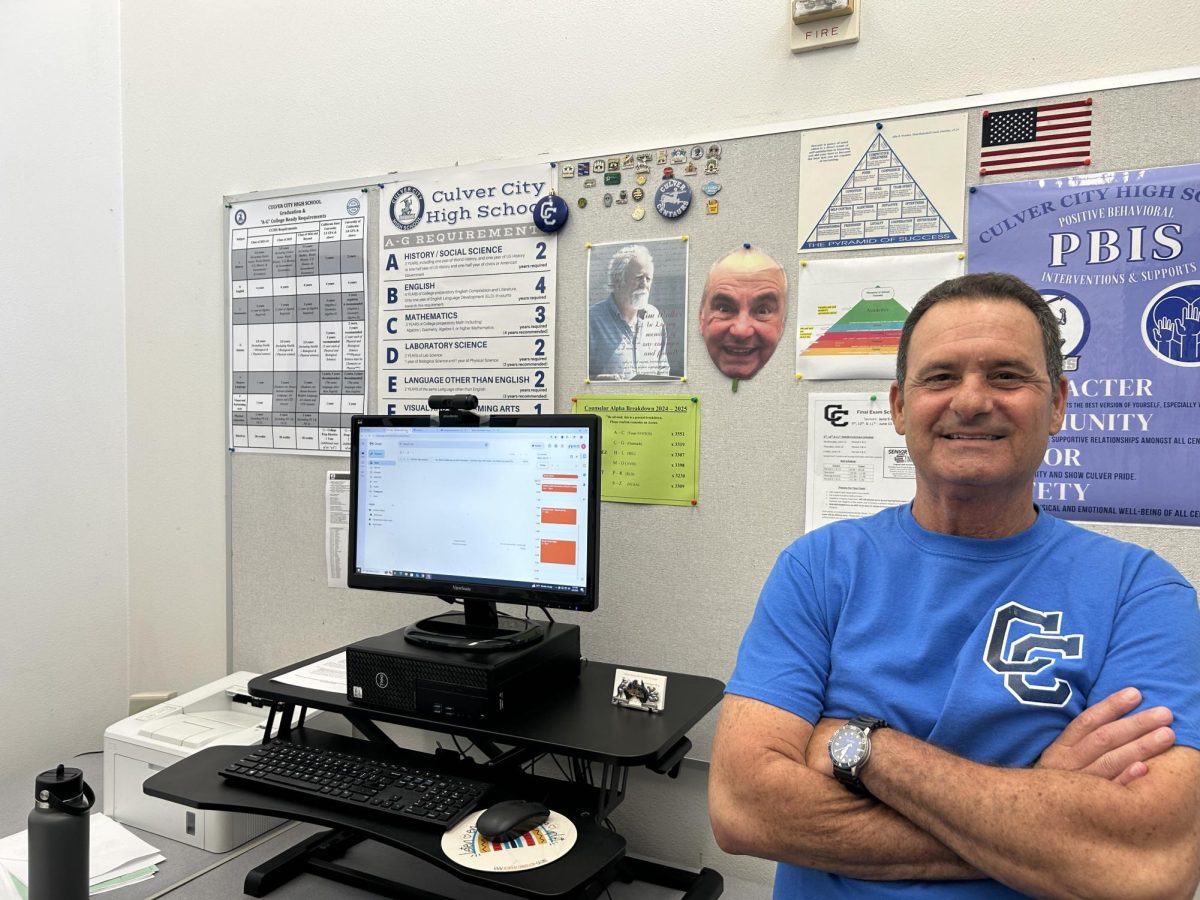
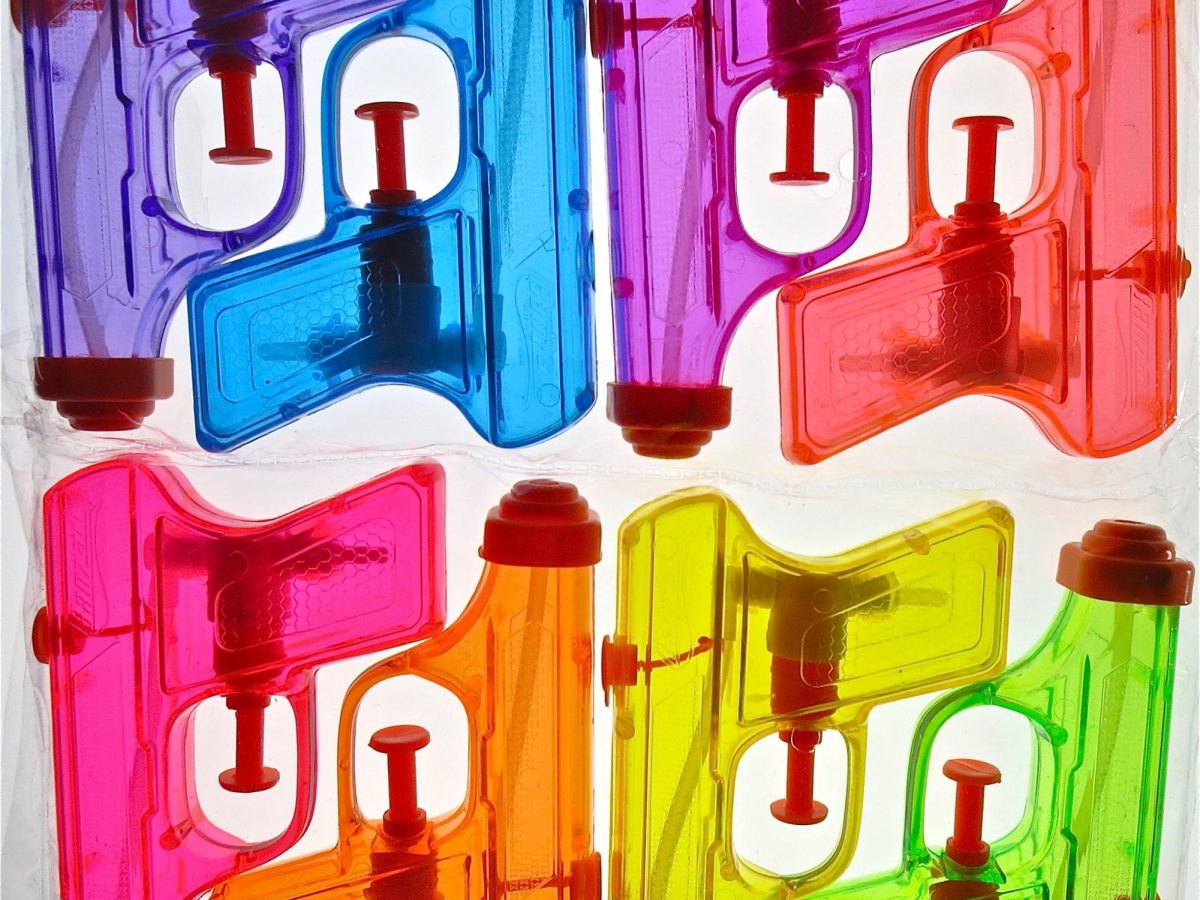
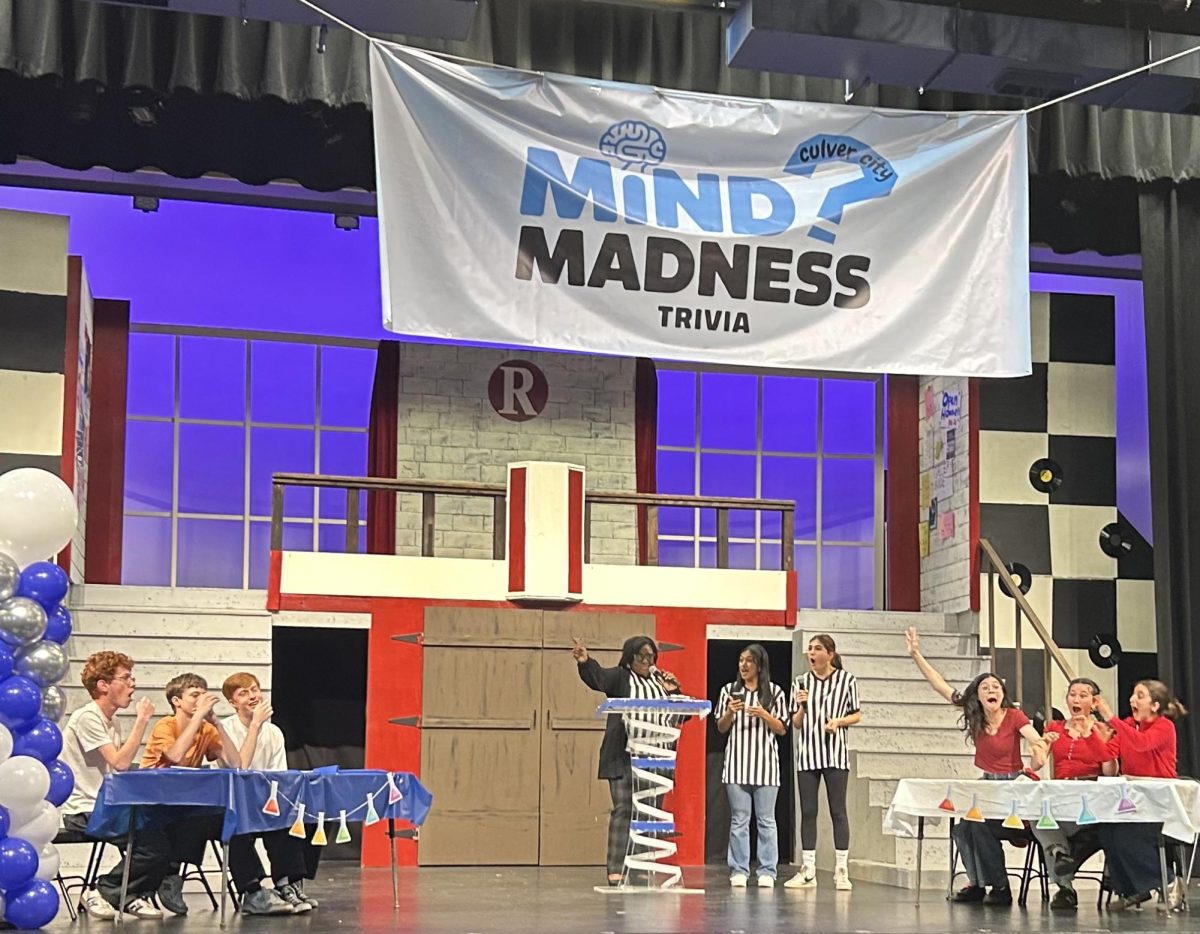

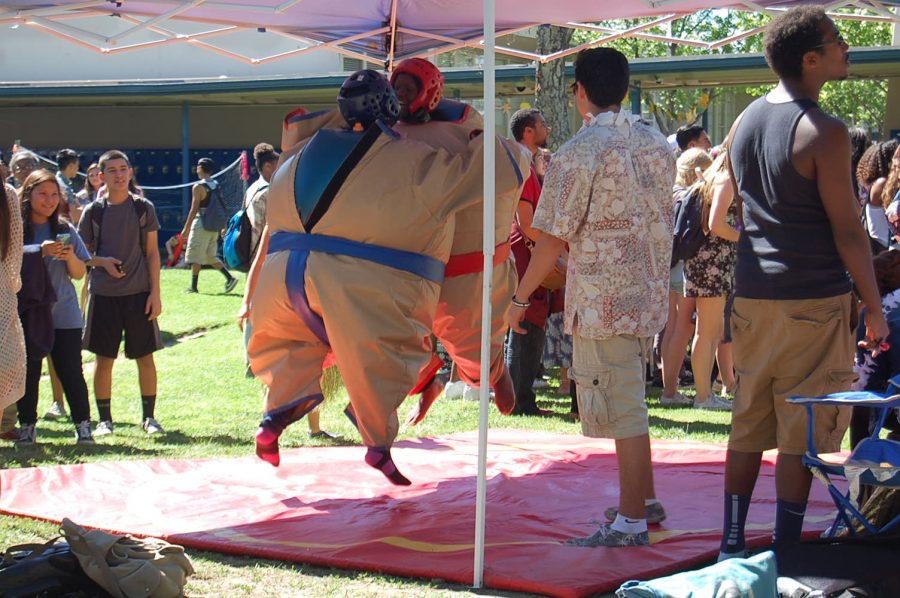
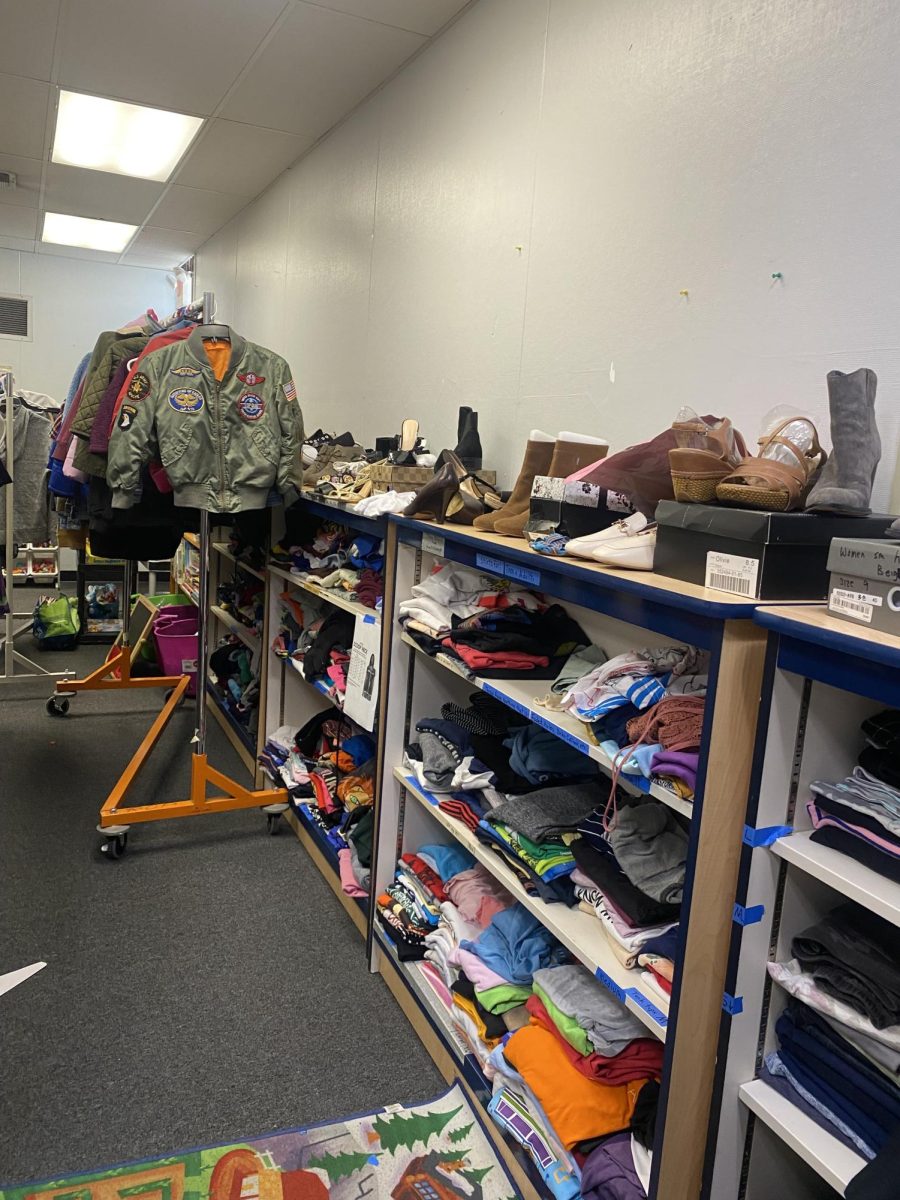
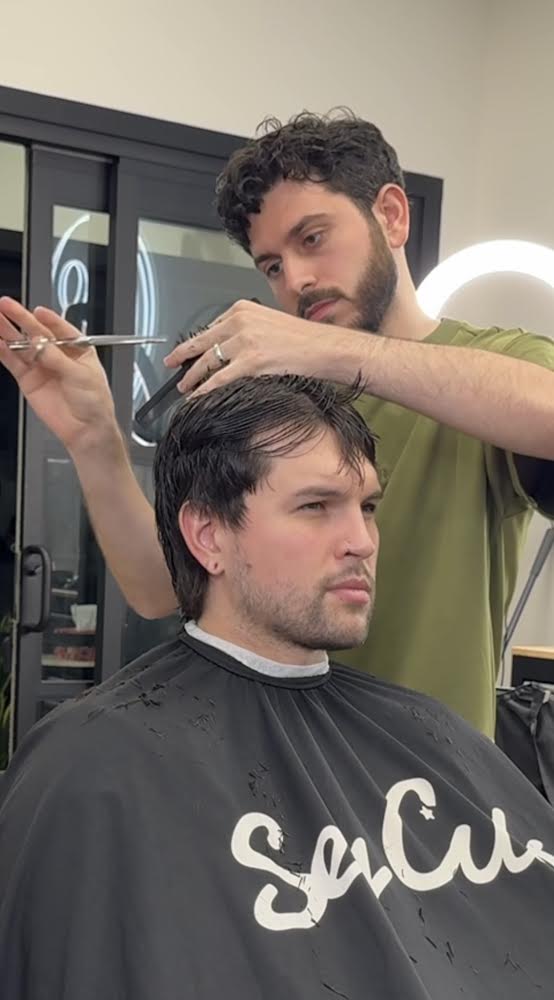



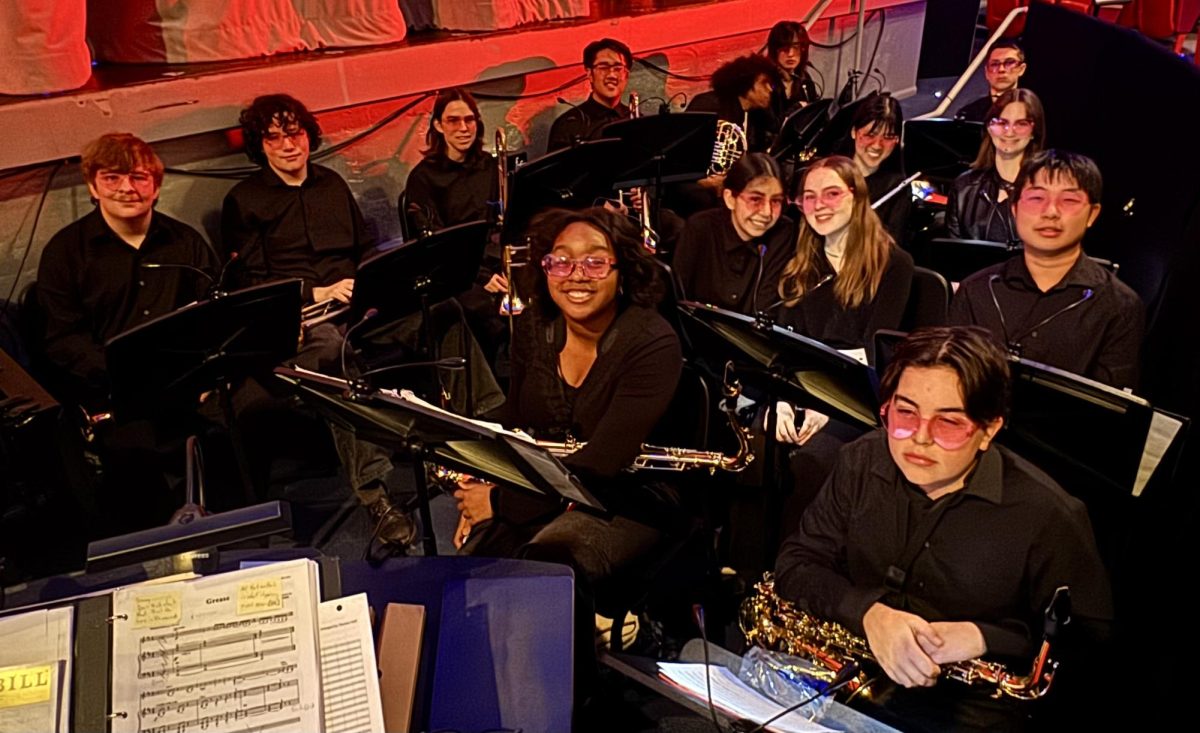
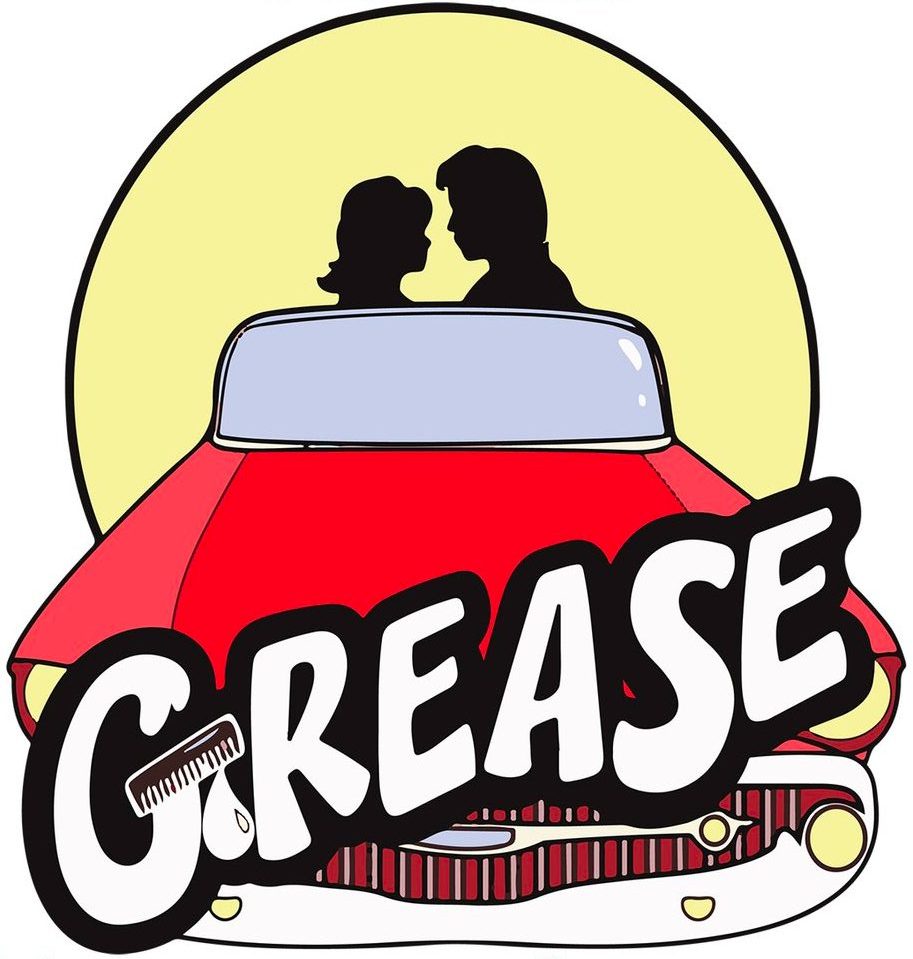



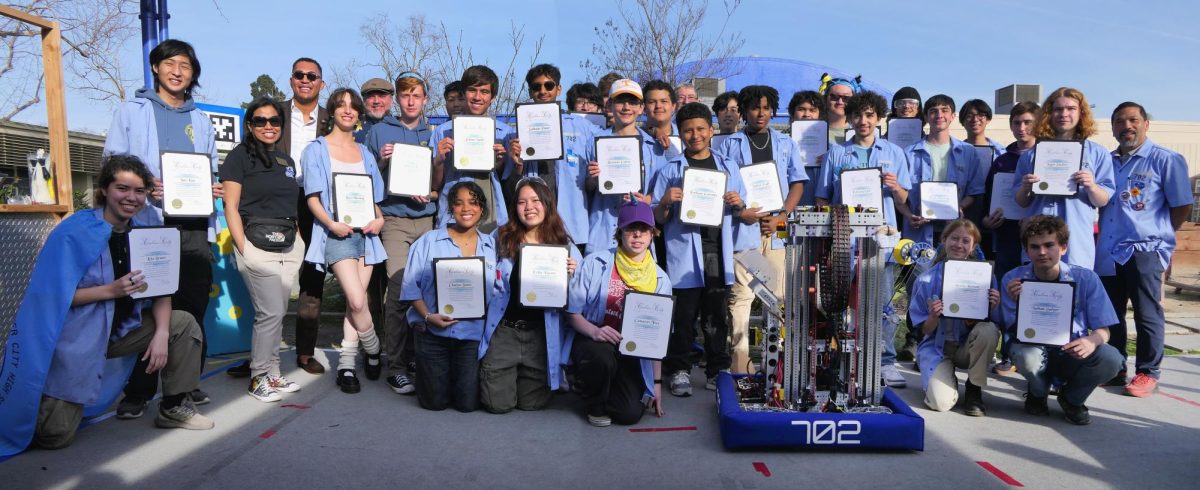
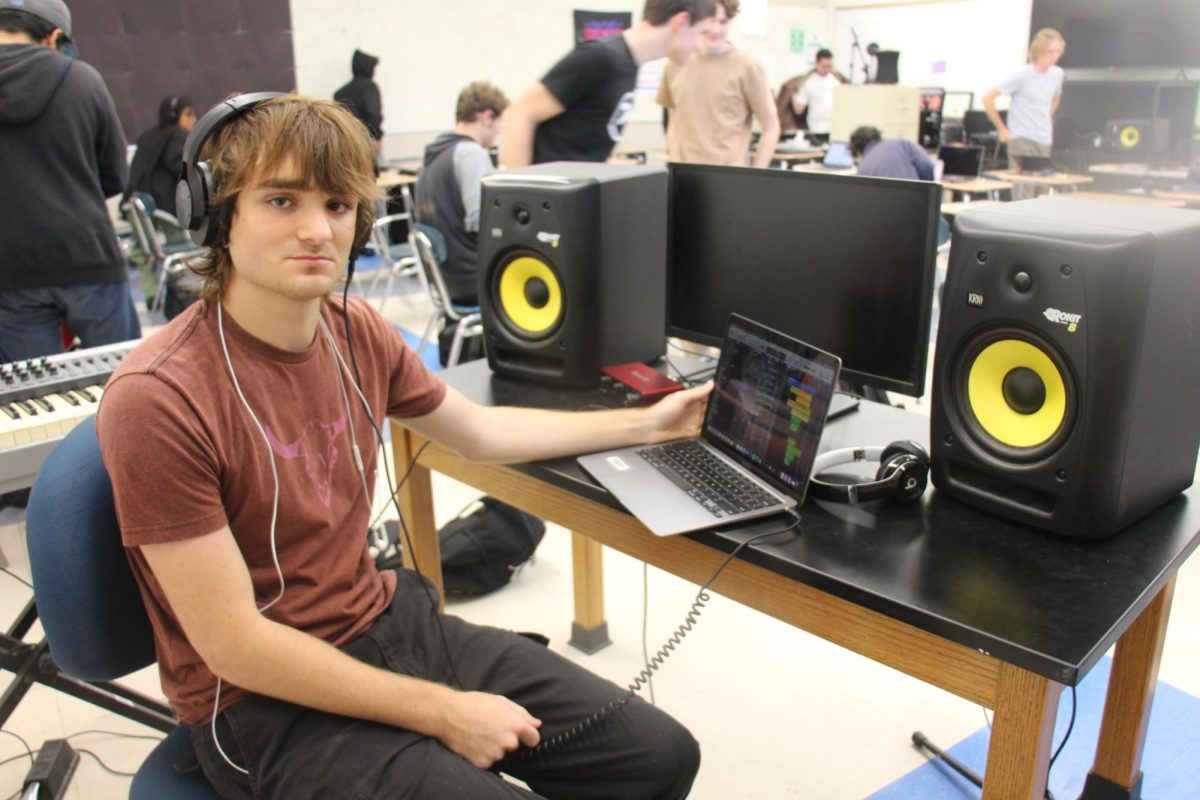
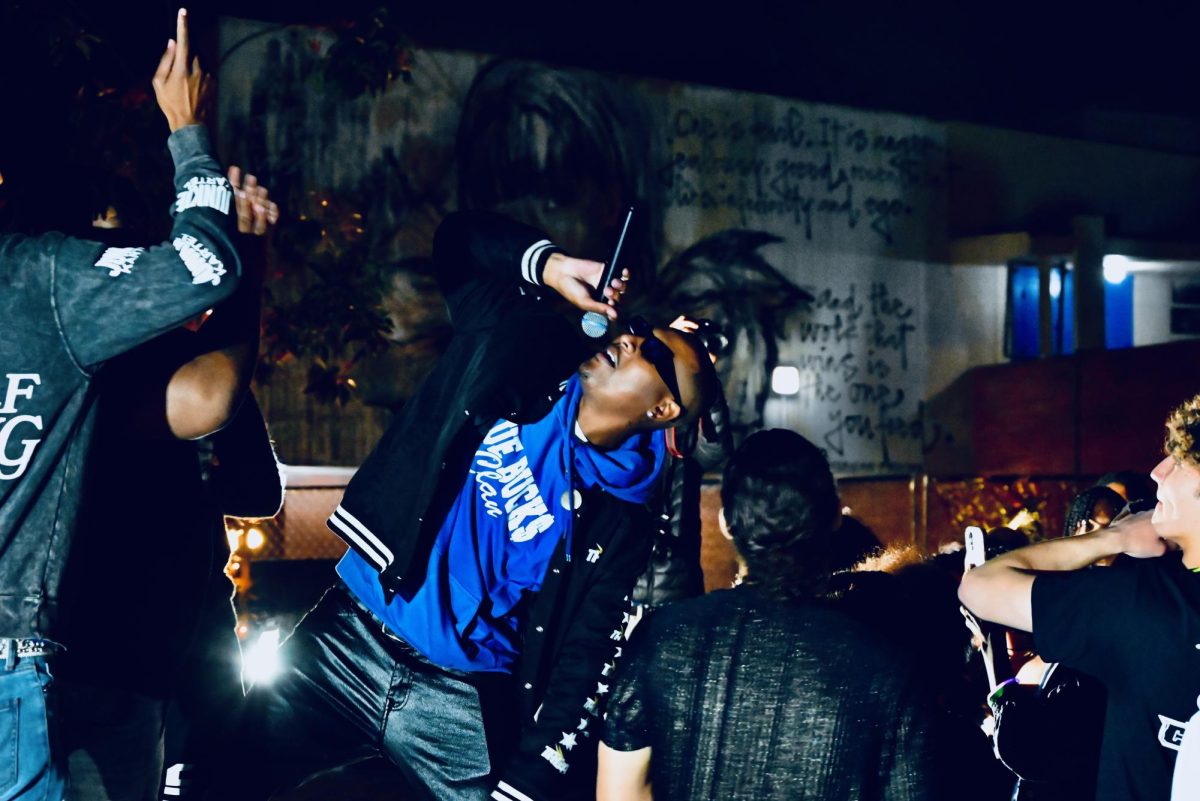
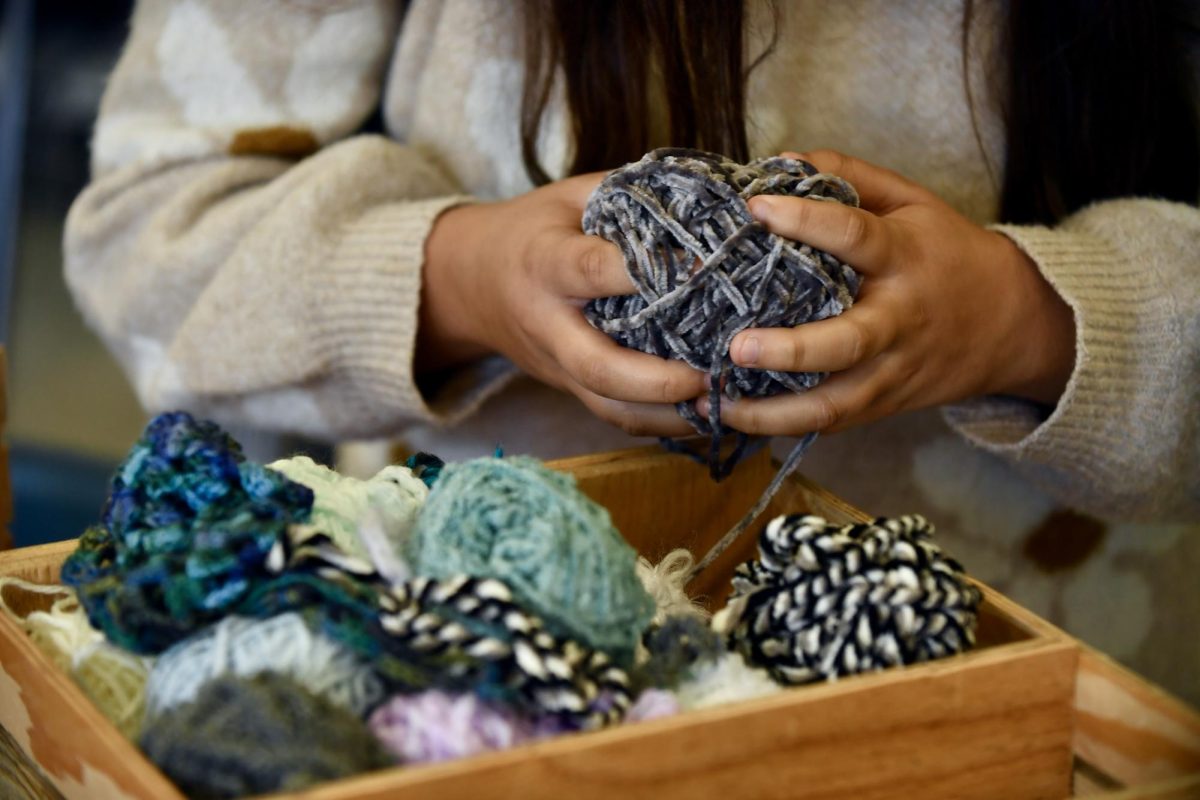
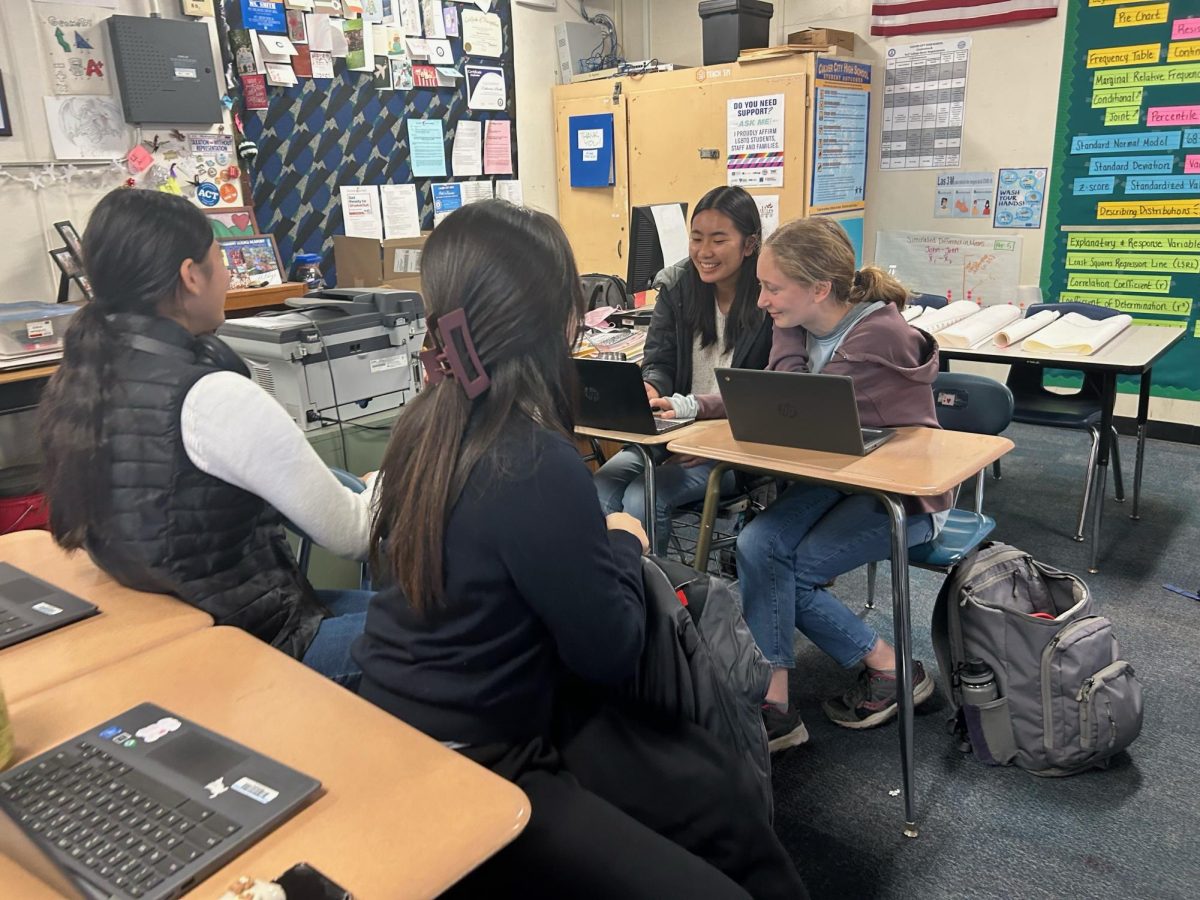

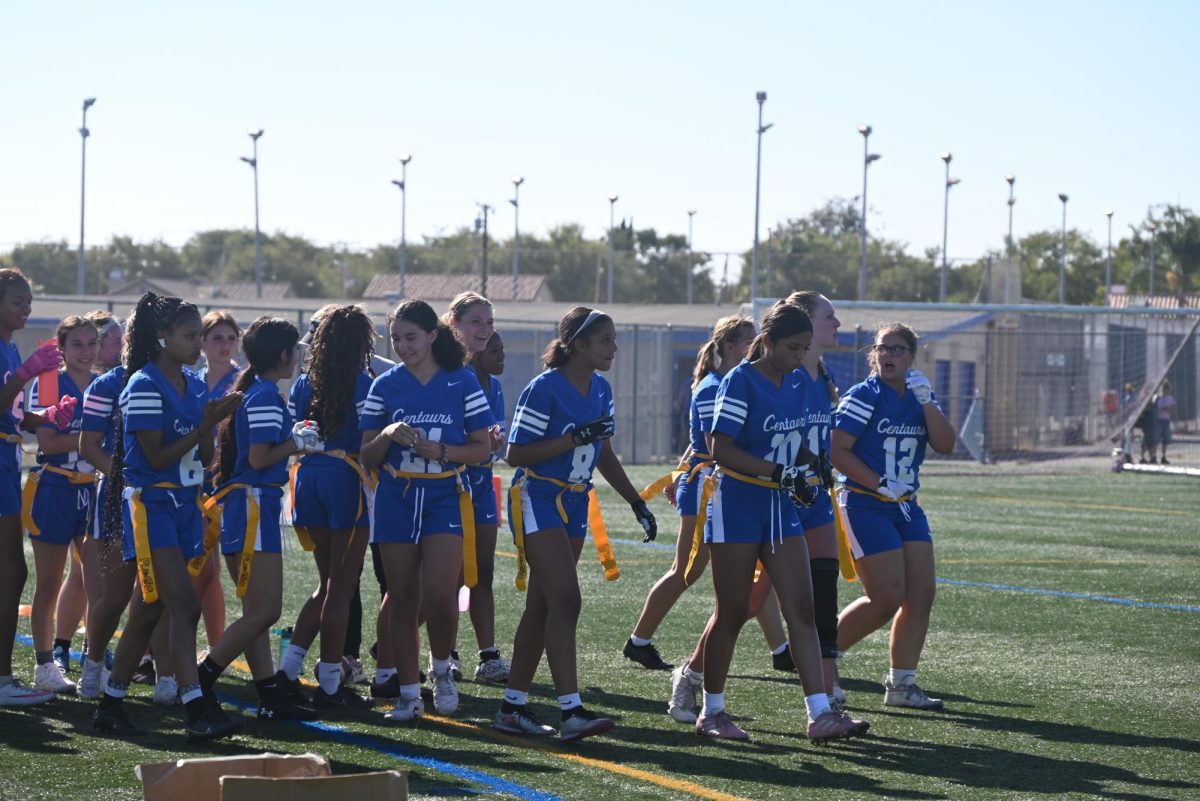
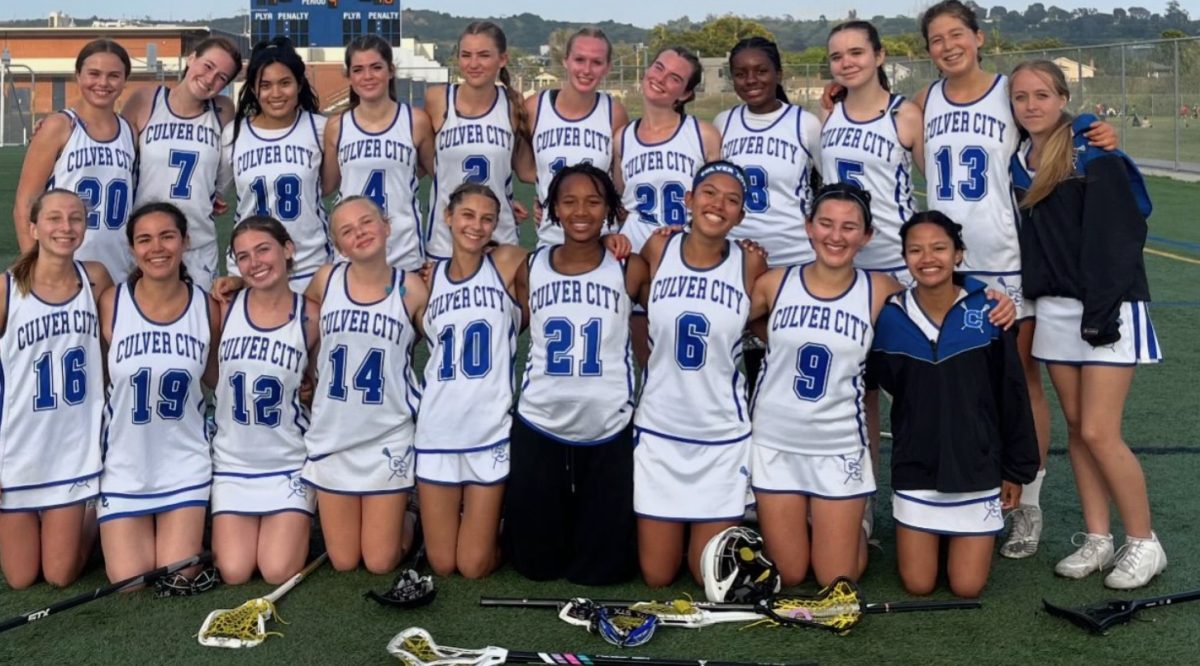
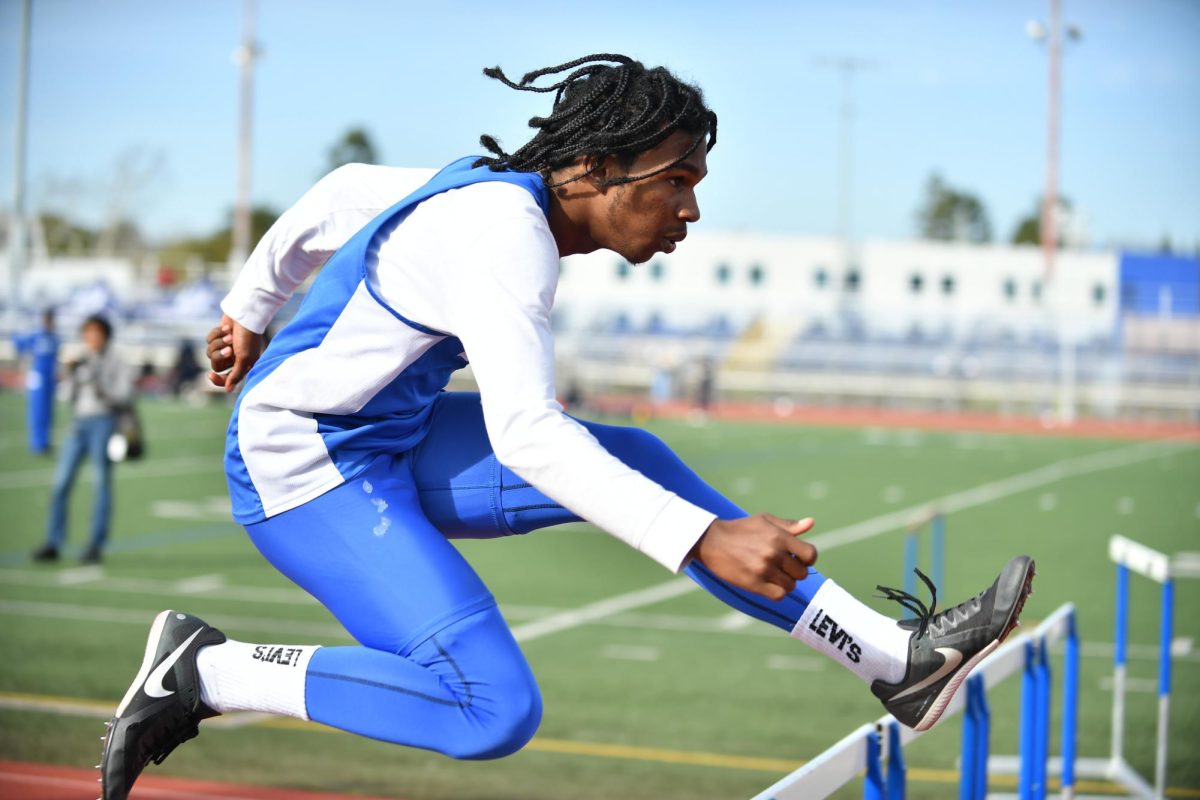


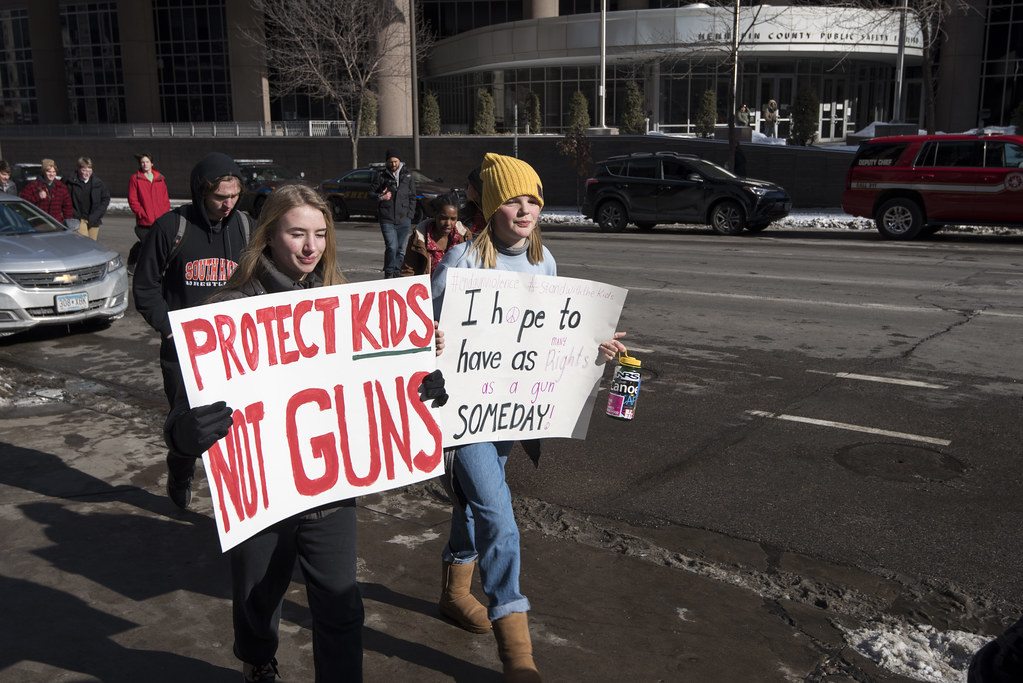

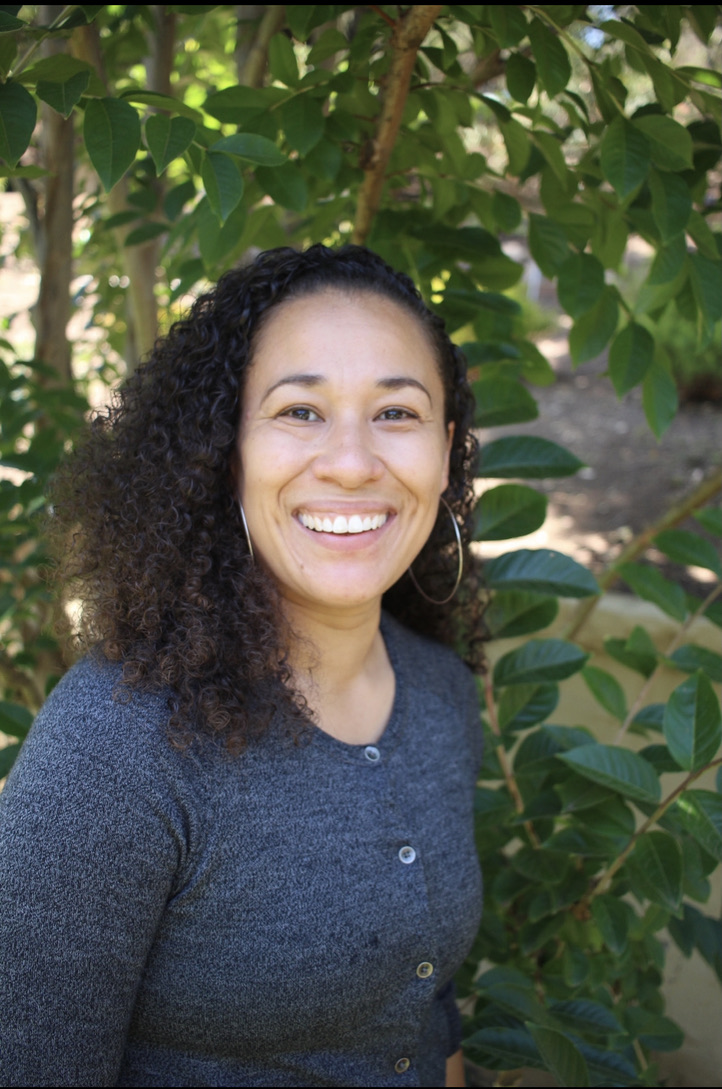



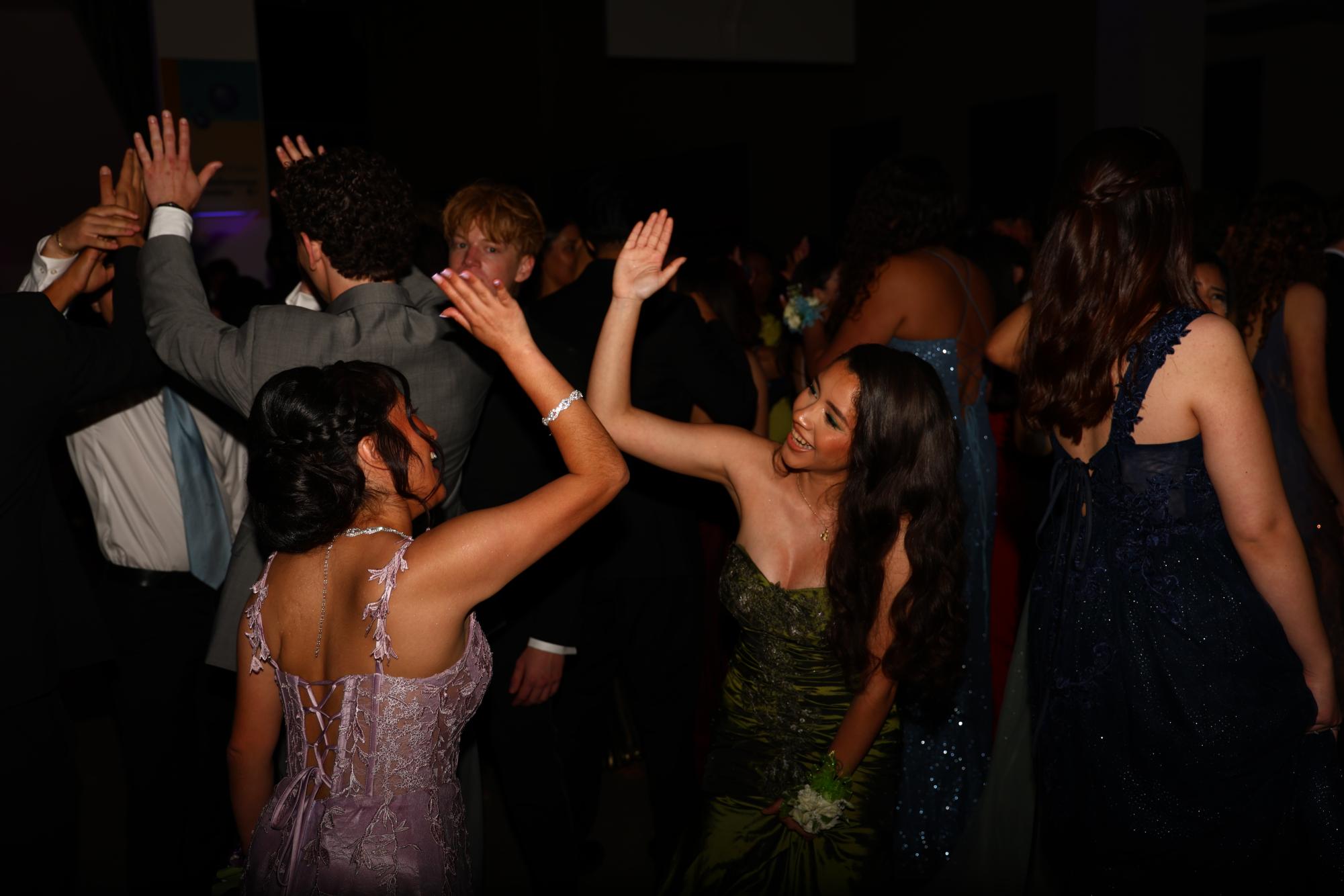
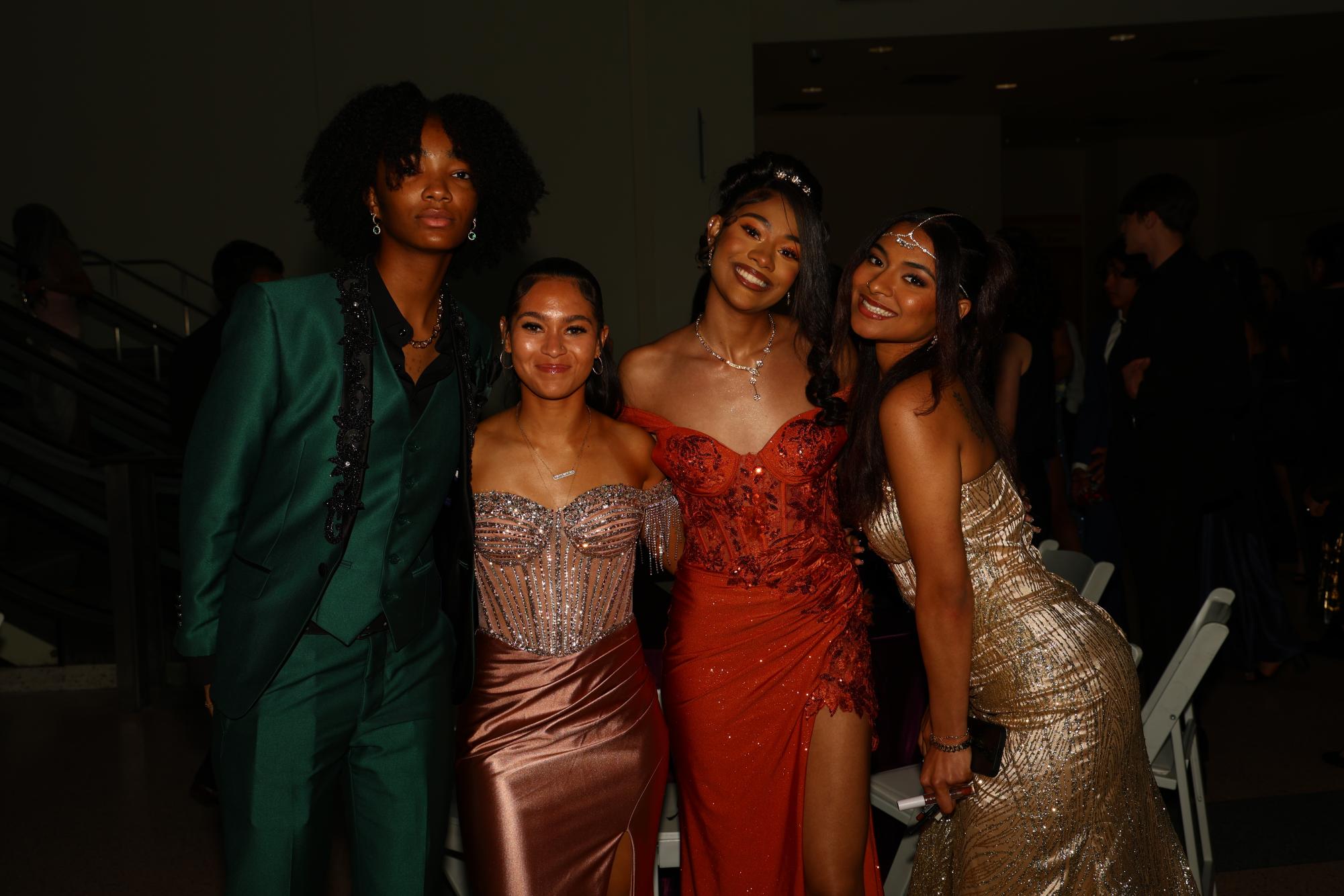


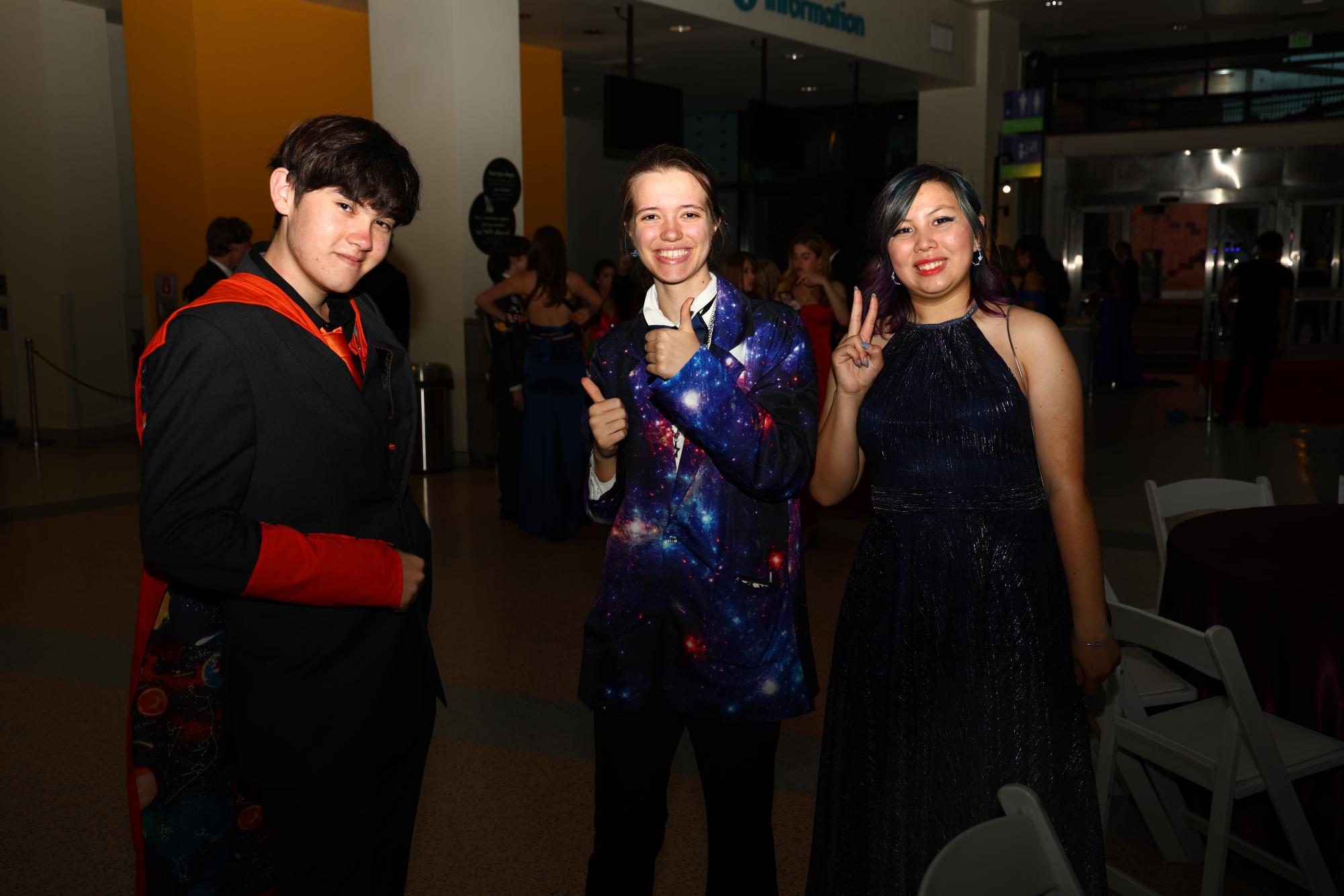
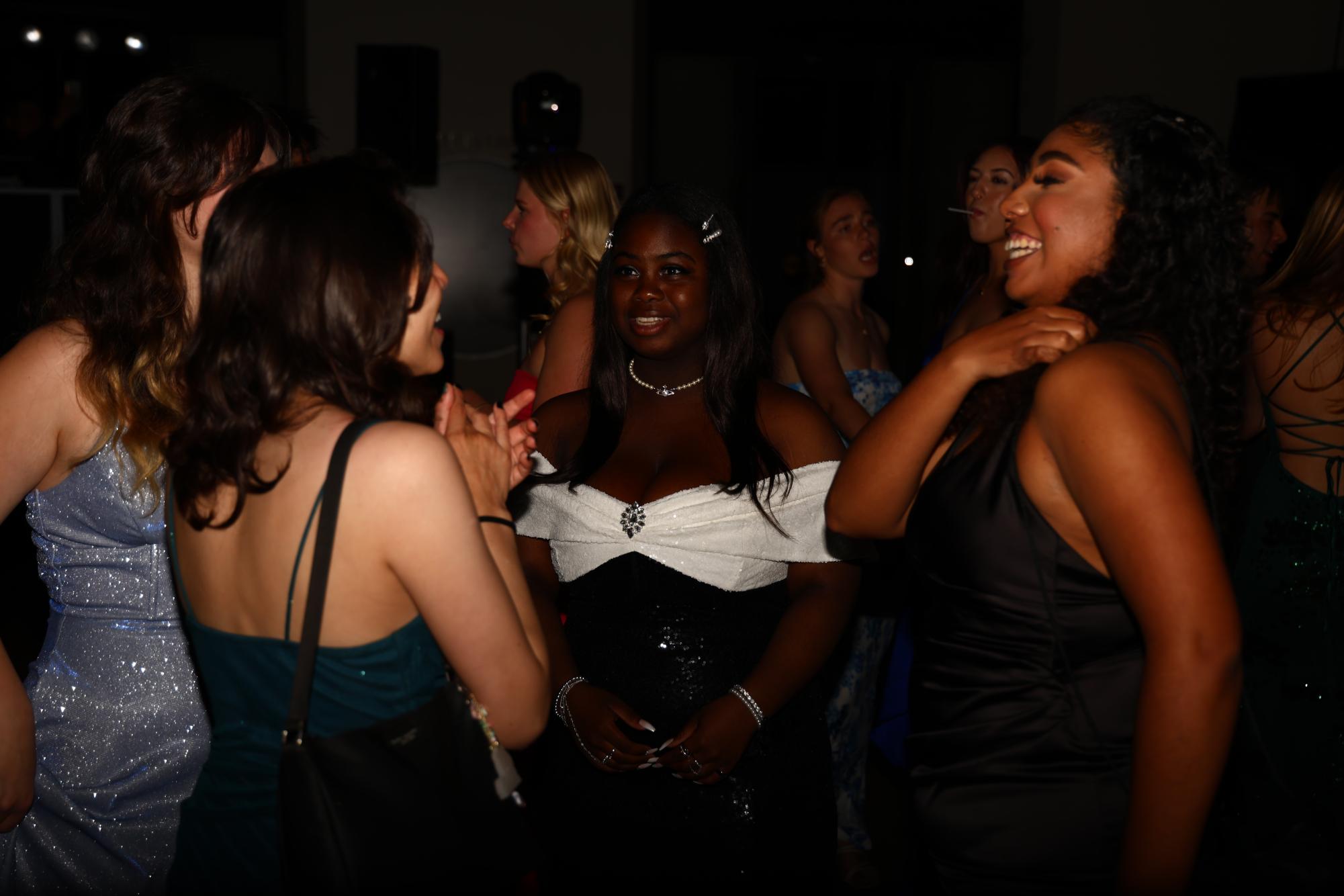
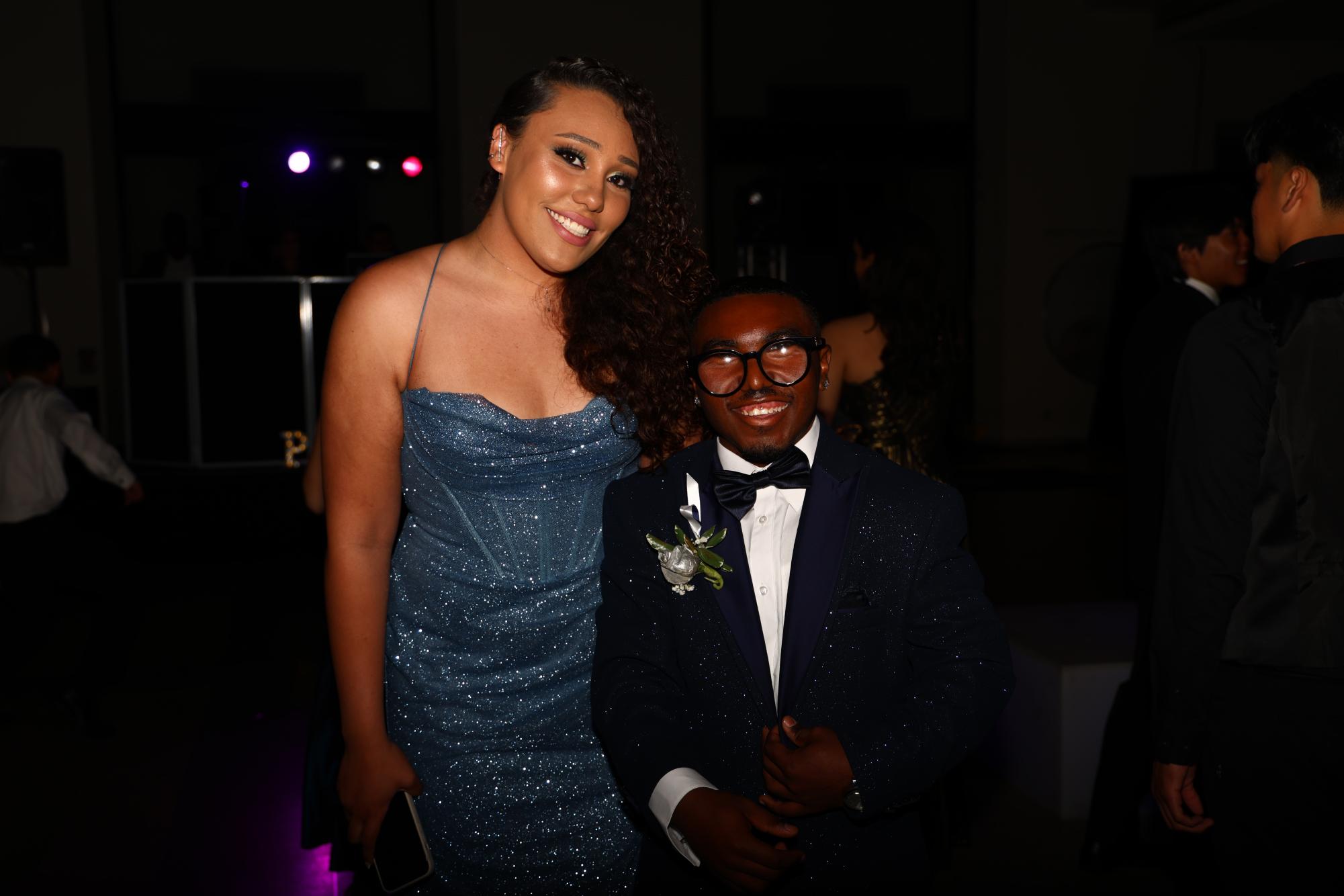
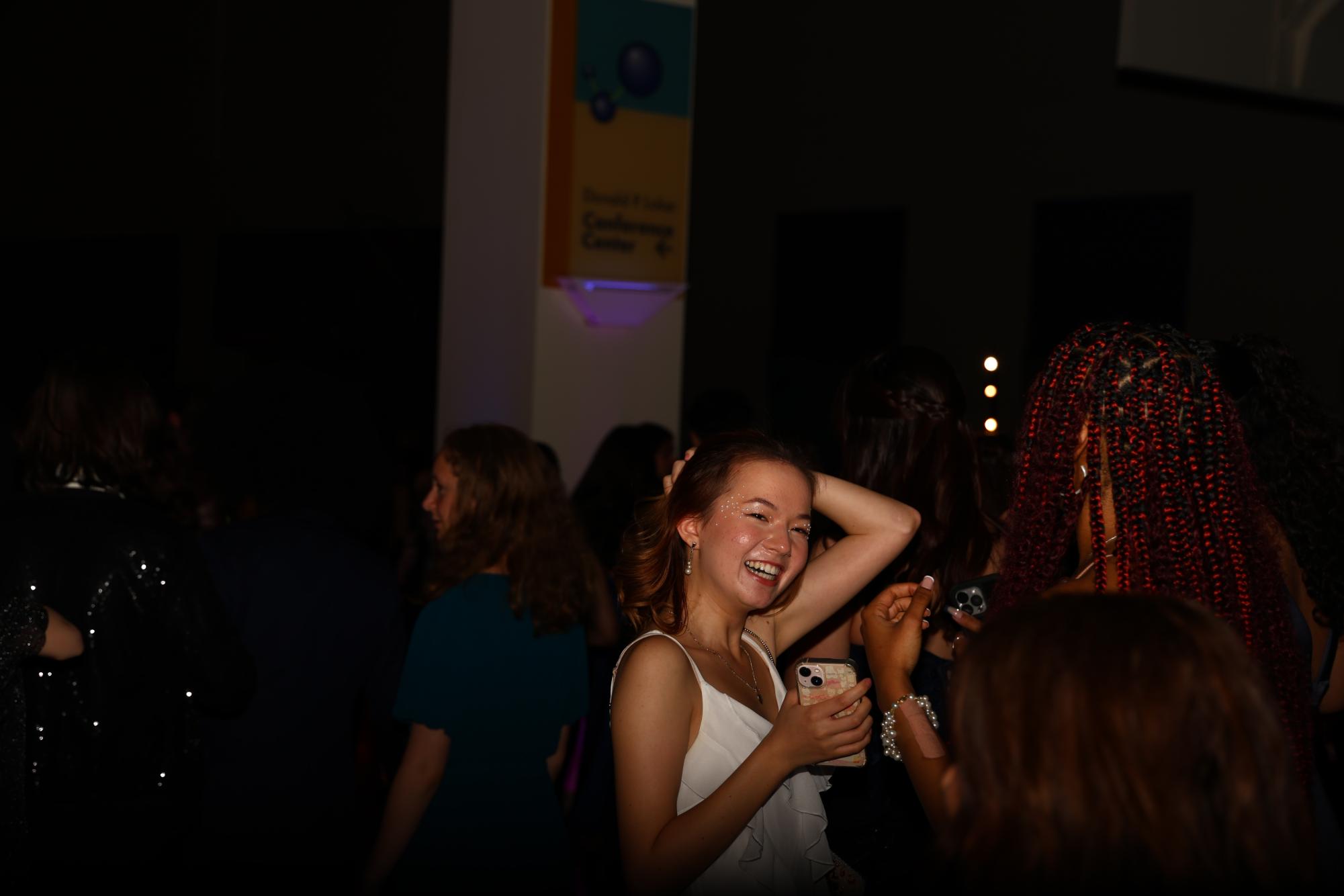

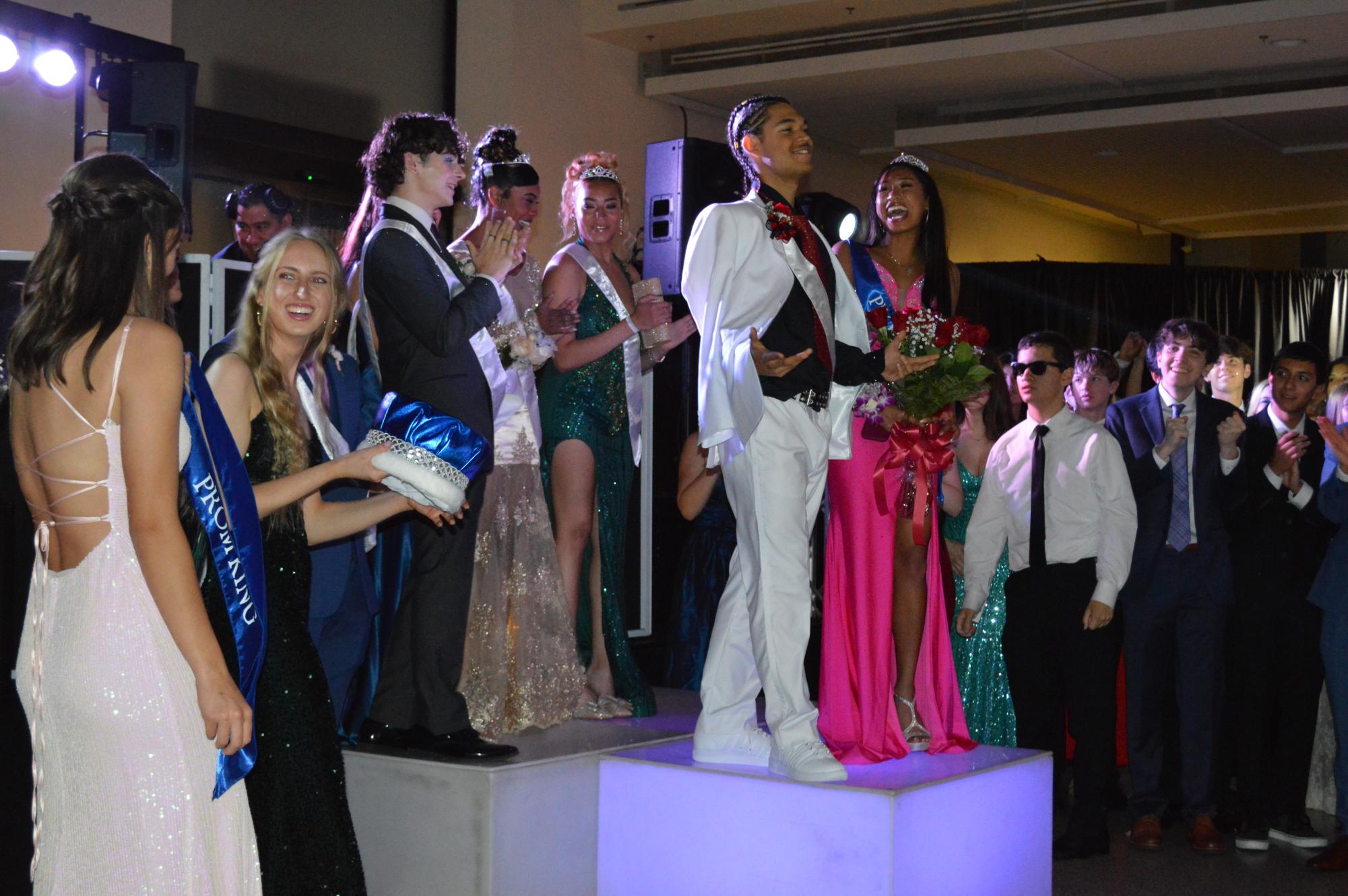




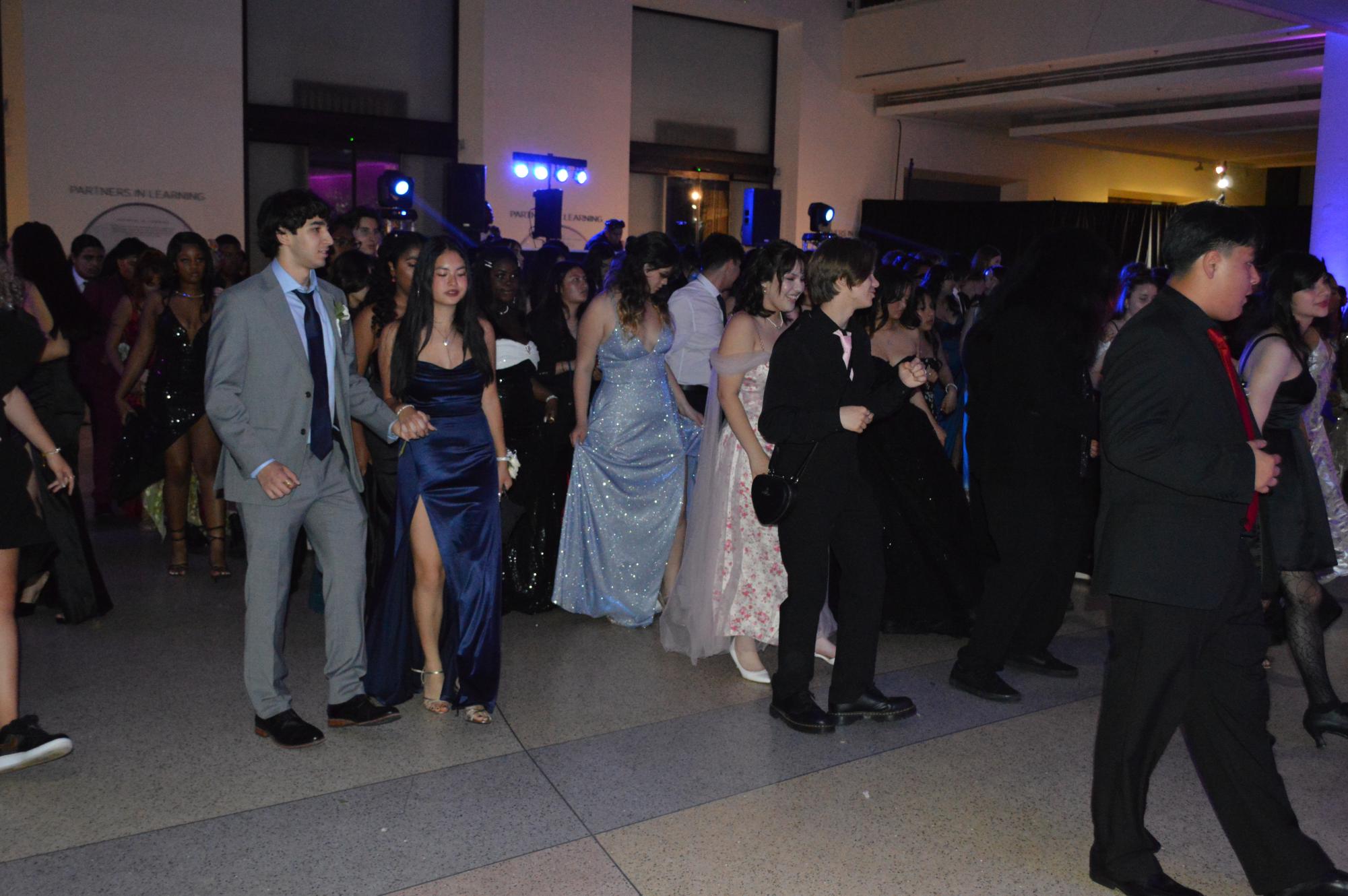











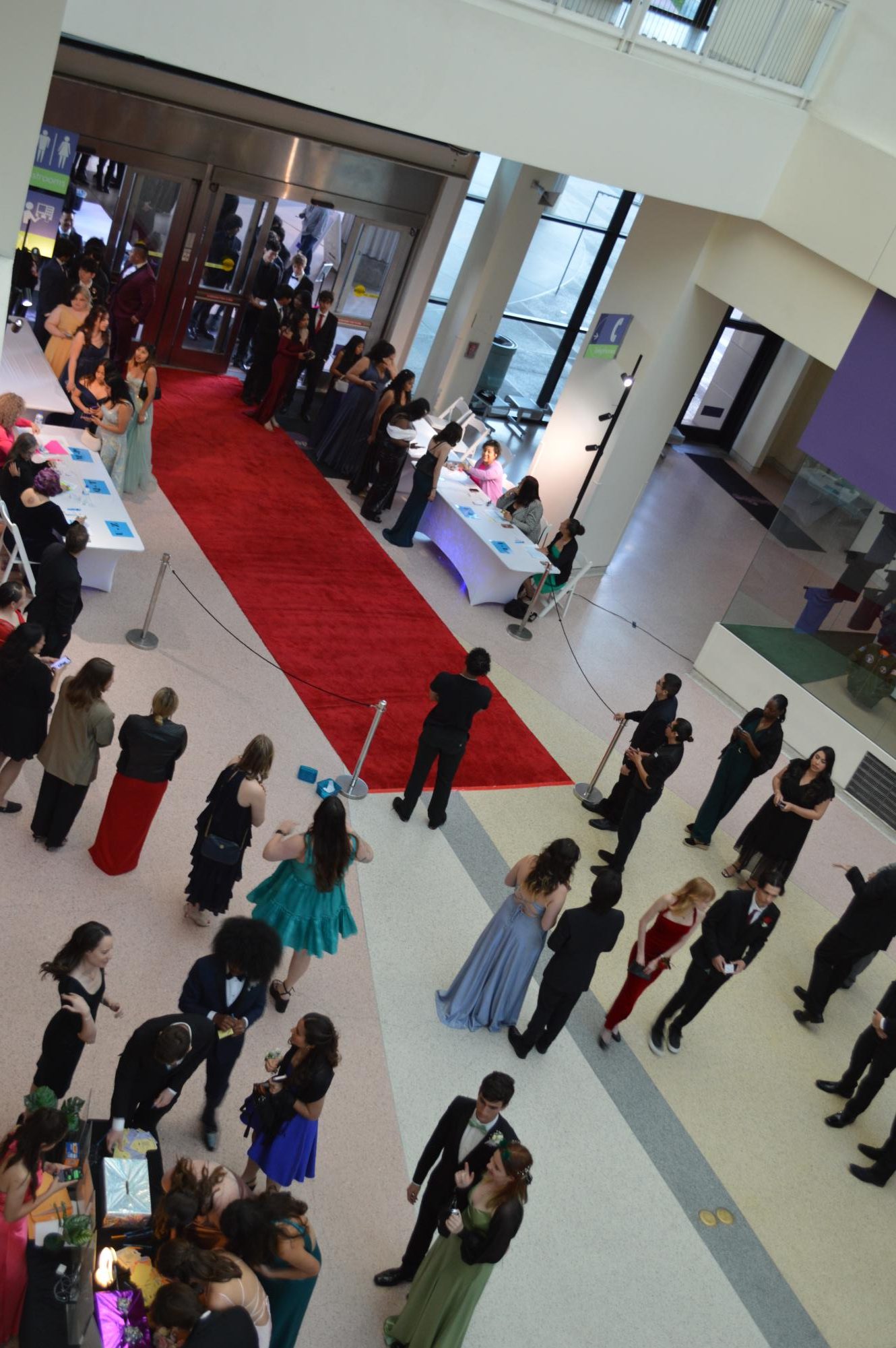





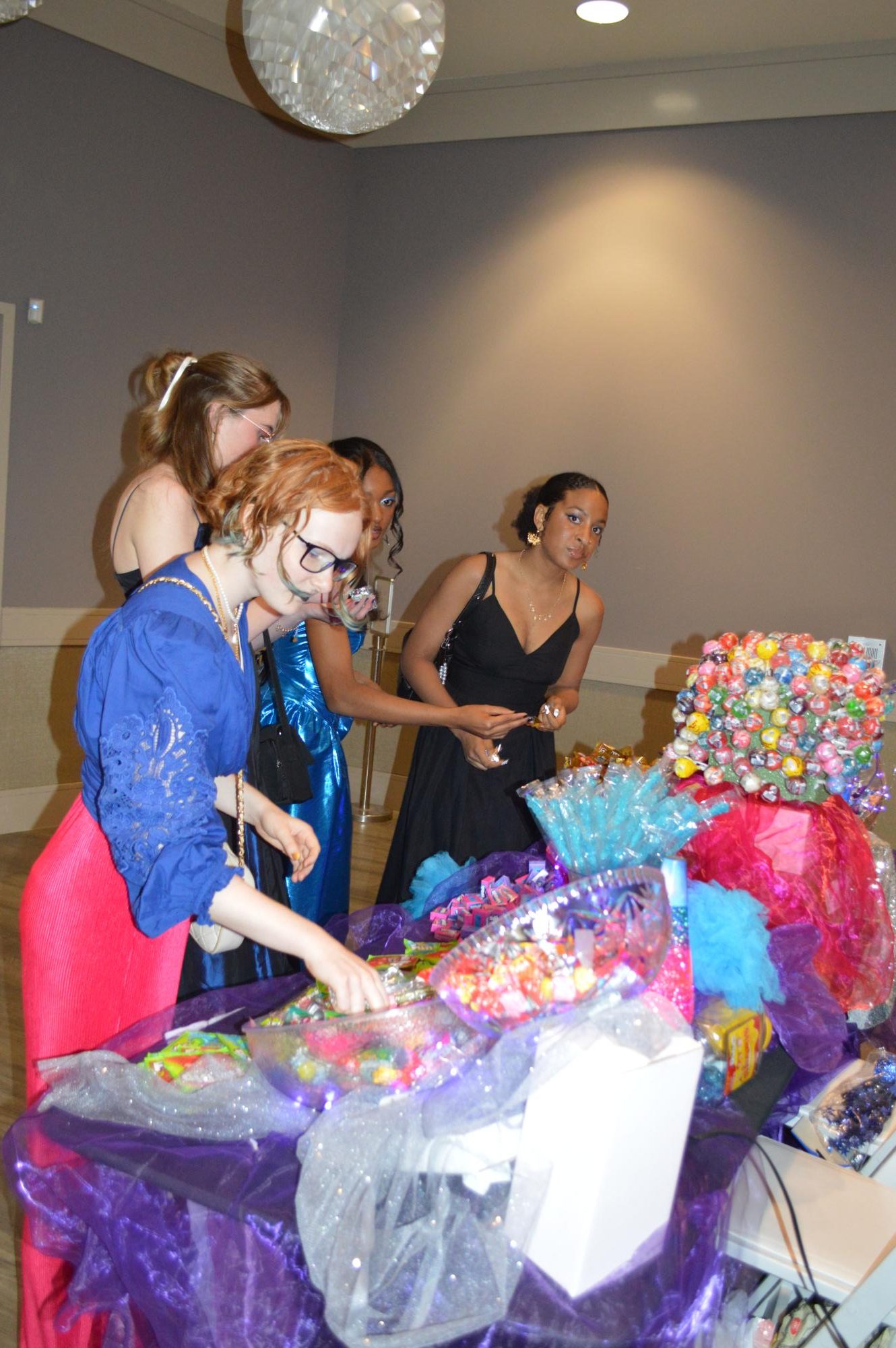



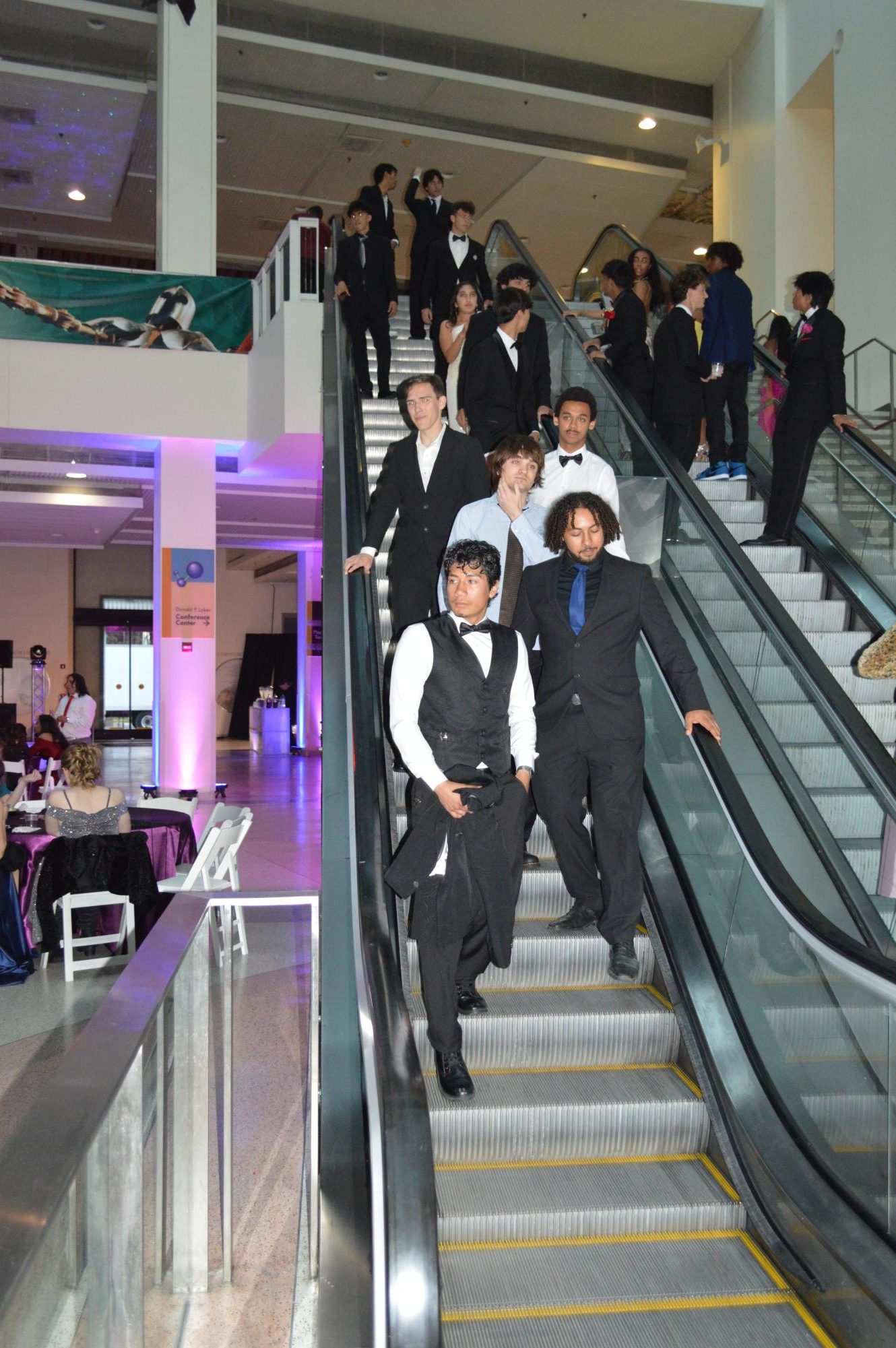






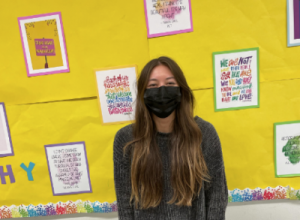
Isidro Mateo • May 22, 2023 at 3:52 pm
Great oppinion piece